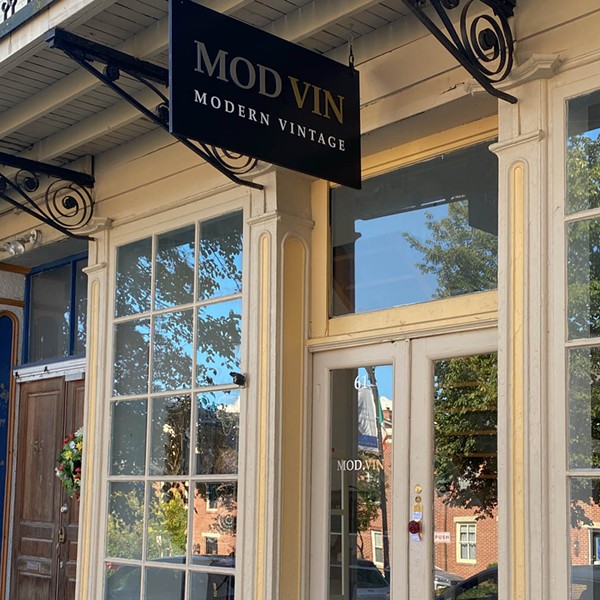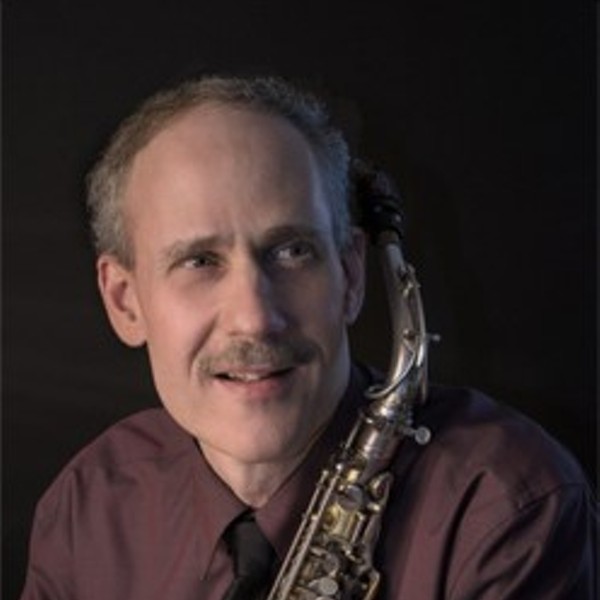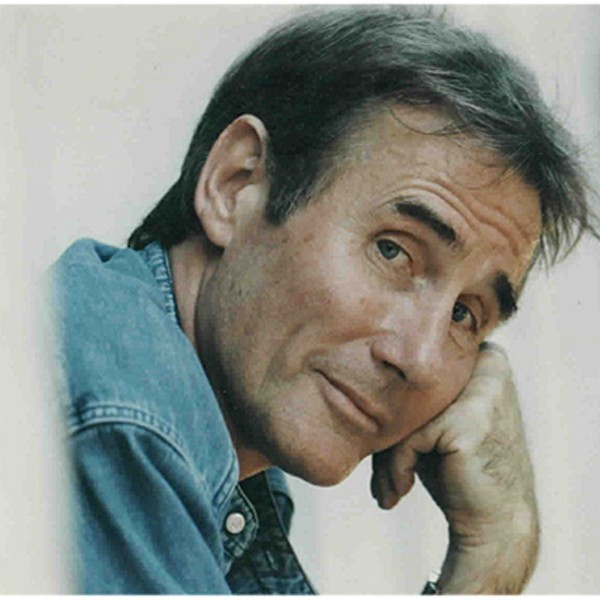The issue wasn't writing, but self-revelation. Wilson had already written essays for the New Yorker and the New York Times, plus the seven hilarious short plays in "Theatrical Haiku" (Dramatists Play Service, 2011).
Comic plays, she says, "pop out of your ear full-grown, like what's-her-name, Athena. I'm a great observer of people and behavior, and I just write it down." But writing about herself "was so painful—again, like giving birth, not from the ear." Several times she gave up altogether, but kept going back to the well.
As a child, Wilson "was always writing. I wrote poems for all occasions." She recites one she penned for the Fourth of July: "Bang, bang, bang, / Here comes the gang." She was seven. In later years, "Miss Jenkins the English teacher was always putting huge exclamation points on my papers. I remember one about Jane Eyre: 'She lived in an orphanage until adultery.' But Miss Jenkins thought I had something."
Still, Wilson did not see herself as a writer. "It all had to do with getting attention. I'm a laugh addict."
That was no easy feat in her family. The youngest of three children, Wilson was raised in New Orleans, where, she writes, "I was fascinated by the women my mother invited to our house to play bridge: elegantly dressed ladies with their little hats, their bright red lips and nails, their husky voices and phlegmy smoker's coughs. The way the metal clasps on their purses clicked open and closed importantly, their lipsticked cigarettes smashed in ashtrays."
When her family wasn't chafing under her mother's drinking and chronic despair, they were competing for laughs. Wilson's brother Hugh was her chief rival; sister Taffy generally sniffed from afar. A brilliant scholar, Hugh eventually became a flamboyant but closeted gay man. In the 1950s, his adoring kid sister followed him to the Greenwich Village apartment he dubbed "Fuschia Moon." Wilson writes, "He saw me as his acolyte, I saw him as my savior."
Though she worked in offices, including a stint as architect Marcel Breuer's receptionist, Hugh's witty circle encouraged Wilson to perform. In 1957, she was hired by legendary director Jose Quintero for Thornton Wilder's "Our Town." "The pay was $27 a week. I played Second Dead Lady and Lady in the Audience Who Asks the Stage Manager if There Is Any Culture in Grover's Corners."
After that, she replaced Bea Arthur in "The Threepenny Opera" and, at neighbor George Furth's urging, auditioned for the soigné Julius Monk revue at Upstairs at the Downstairs. To her astonishment, she was hired, joining a club scene where she rubbed elbows with up-and-comers like Barbra Streisand, Woody Allen, and Lenny Bruce.
She went on to play Liza Minnelli's best friend in the short-lived "Flora the Red Menace" and Tessie Tura in "Gypsy" with Angela Lansbury, whom she understudied. Playing Ado Annie on an "Oklahoma!" tour with John Raitt, Wilson met and married aging character man Alfred Chibelli. (They weren't especially compatible; at one point she told "Chibbie" the new musical he'd been cast in was a dud, but "Man of La Mancha" lasted "longer than our marriage.")
Wilson is thrilled to be back on Broadway in "On the 20th Century," lavishing praise on the ensemble cast. "I'm not lonely. I'm in a family, a family that loves me. What more could you want?" Still, eight shows a week takes a toll. "I have no life," she says cheerfully. "I sleep for nine hours. Then I make a grocery run, nap. Then there isn't time to cook." She cherishes Mondays off, when she gets to spend time in the garden she calls "my therapy."
Retirement is nowhere in sight. She's appearing this fall in David Lindsay-Abaire's new play "Ripcord," first developed at Vassar's Powerhouse Theatre. And she plans to keep writing, including some fiction and a full-length play. My First Hundred Years in Show Business "made me feel ready to write. I will say that now I feel like a writer."
"Laura Shaine Cunningham gave me some great memoir advice: 'The more it would embarrass you to see it in print, the more likely it is to be published.' That was so helpful," says Wilson. "I didn't ever think I'd be writing about my husband, or my black lover—my younger, black, transvestite lover—but it's good copy. I wrote about some of the most mortifying things, but by writing about it, I got over it." She smiles. "And now that it's done? Oh my god! I'm a happier person. I'm part of the human race."
















